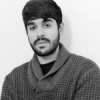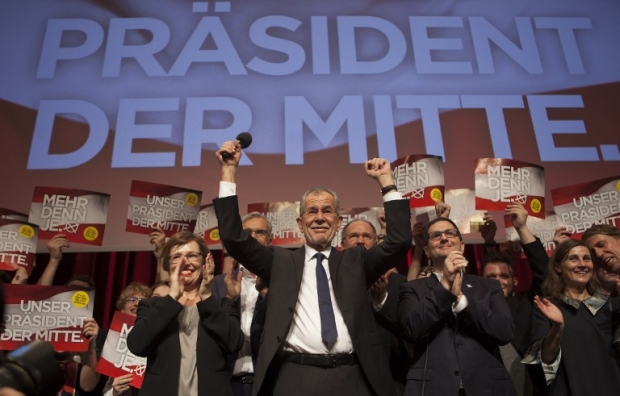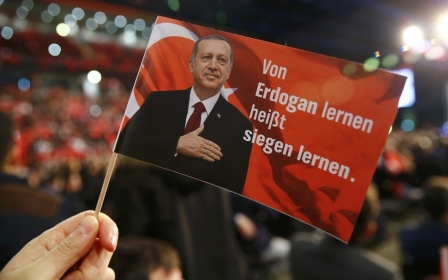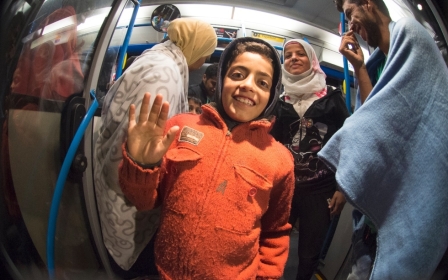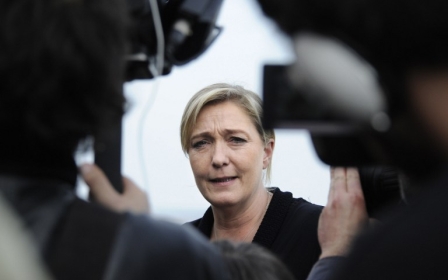Muslims have lived and worked in Austria for generations - but you wouldn't know it
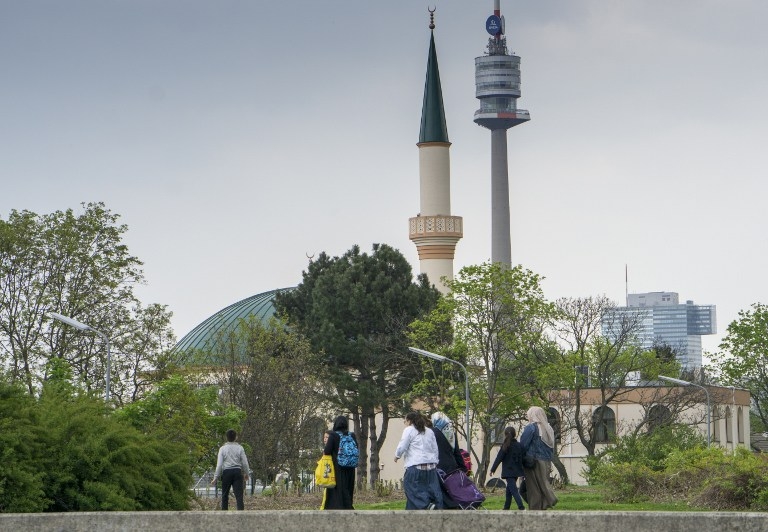
It became clear at the end of last year that Austria’s new president would not be a right-wing extremist. After an extensive and tiresome year-long election campaign and a failed runoff in May, the Austrian Freedom Party’s Norbert Hofer was defeated by Alexander Van der Bellen, a former politician from the left-of-centre Green Party.
Political observers across Europe feared that a Hofer victory would have emboldened the far-right across Europe. And though Hofer went down to defeat, his campaign revealed a terrifying reality: almost 50 percent of the Austrian electors voted for him, expressing their support not just for his candidacy, but also for his party, an explicitly right-wing extremist faction that includes openly neo-Nazi elements.
Another famous slogan of the party was “Isst du Schwein, darfst du rein,” or, “You may enter [the country] if you eat pork.” This slogan not only offended Muslims, but Jews as well.
The 'integration law'
But even though not one right-wing politician is serving in it, the ruling Austrian government took the “At home instead of Islam” slogan to heart.
The conservative and social democratic coalition united behind a new “integration law” which includes a so-called “burqa ban” that forbids Muslim women from covering their faces in public spaces. The law also bans women working in public service from wearing the hijab, or headscarves, including policewomen, female lawyers and judges.
Strangely, the new law did not mention the word “scarf” or explicitly call for its banning. It referred instead, at least in legal terms, to the supposed neutrality of the state on religious matters. But it was abundantly clear to everyone from the proposal’s authors that Muslims were their intended target.
Indeed, the Austrian Conservative Party had been clamouring for banning the headscarf for months. The debate was led by the country’s foreign minister and integration minister Sebastian Kurz, who has embarked on a strategy to lure voters from the far-right Freedom Party back into the conservative fray.
When the so-called integration law was passed, Kurz said that Christian symbols like the crucifix would still be allowed in the public square. “That’s a good thing," he insisted.
Double standards
This double standard is nothing new to me. Back when I was in grade school - in the middle of a city, not in some ultra-conservative rural area - we had a crucifix in every classroom. Some of our teachers preferred to start the first hour of the day with a prayer.
I noticed how my teachers spoke to these otherwise extremely competent workers with arrogance and a put-on, broken German as they told them what to clean
“You, why are you not praying? Aren’t you Christian?” I was often asked.
At the very same time, I noticed many scarf-wearing Muslim women at my school. They were cleaners - Turkish immigrants imported to carry out menial jobs with little expectation that they would demand citizenship rights or a basic level of recognition in Austrian society. I noticed how my teachers spoke to these otherwise adept and extremely competent workers with arrogance and a put-on, broken German as they told them what to clean.
None of the locals had a problem with these cleaning women. They did a job most Austrians would never want to do. Today, these same Turkish women still do the same job, though they are now supplemented by a crew of women from other developing countries.
The children of the cleaners I knew as a schoolboy define themselves as Austrians and also as Muslims. Many of them are well-educated, studying law, medicine or are on their way to positions in education. Their advancement in Austrian society is what infuriates so many native citizens who feel they have been left behind, and it’s what far-right Islamophobic politicians seek to exploit.
Austria has a long history with Islam. In fact, it is unique in all of Western Europe in recognising the religion as part of the country’s public law and officially accepting it in 1912. Back then, King Franz Josef I passed the so-called “Islam Law” that ensured the Muslim population within its Austrian-Hungarian empire a modicum of self-determination.
Since many Bosnian Muslims lived inside the kingdom and also fought for it, the king’s policy was not just humane, but also practical.
If he saw what was happening in the remnants of his kingdom these days, he would turn in his grave.
- Emran Feroz is a freelance journalist. He was born and raised in Austria by Afghan parents. He is currently living in Germany and writes for several German magazines and newspapers. He also writes in English for Al Jazeera English, The Atlantic, AlterNet and TeleSUR. He is also the founder of Drone Memorial, a virtual memorial for drone victims.
The views expressed in this article belong to the author and do not necessarily reflect the editorial policy of Middle East Eye.
Photo: Muslim women with children walk towards a mosque at the Islam Centre of Vienna on April 14, 2017 in Vienna, Austria.
New MEE newsletter: Jerusalem Dispatch
Sign up to get the latest insights and analysis on Israel-Palestine, alongside Turkey Unpacked and other MEE newsletters
Middle East Eye delivers independent and unrivalled coverage and analysis of the Middle East, North Africa and beyond. To learn more about republishing this content and the associated fees, please fill out this form. More about MEE can be found here.


